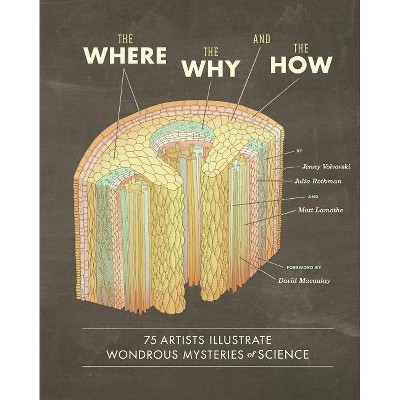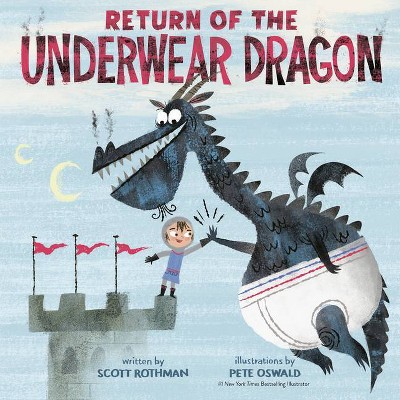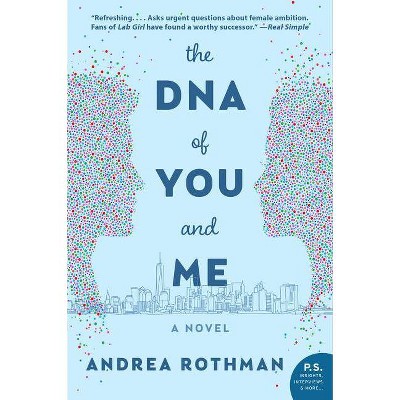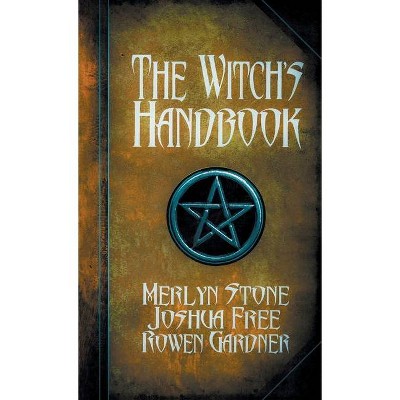The Ledger and the Chain - by Joshua D Rothman (Hardcover)
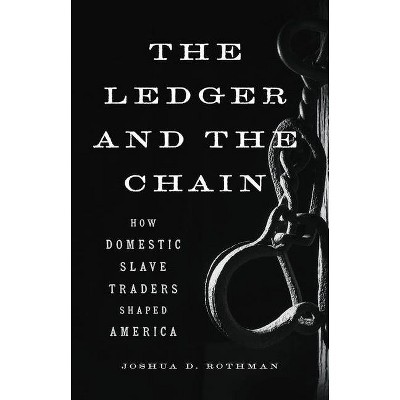
Similar Products
Products of same category from the store
AllProduct info
<p/><br></br><p><b> About the Book </b></p></br></br>"In The Ledger and the Chain, prize-winning historian Joshua D. Rothman tells the disturbing story of the Franklin and Armfield company and the men who built it into the largest and most powerful slave trading company in the United States. In so doing, he reveals the central importance of the domestic slave trade to the development of American capitalism and the expansion of the American nation. Few slave traders were more successful than Isaac Franklin, John Armfield, and Rice Ballard, who ran Franklin and Armfield, and none were more influential. Drawing on source material from more than thirty archives in a dozen states, Rothman follows the three traders through their first meetings, the rise of their firm, and its eventual dissolution. Responsible for selling between 8,000 and 12,000 slaves from the Upper South to Deep South plantations over a period of eight years in the 1830s, they ran an extensive and innovative operation, with offices in New Orleans and Alexandria in Louisiana and Natchez in Mississippi. They advertised widely, borrowed heavily from bankers and other creditors, extended long term credit to their buyers, and had ships built to take slaves from Virginia down to New Orleans. Slavers are often misremembered as pariahs of more cultivated society, but as Rothman argues, the men who perpetrated the slave trade were respected members of prominent social and business communities and understood themselves as patriotic Americans. By tracing the lives and careers of the nation's most notorious slave traders, The Ledger and the Chain shows how their business skills and remorseless violence together made the malevolent entrepreneurialism of the slave trade. And it reveals how this horrific, ubiquitous trade in human beings shaped a growing nation and corrupted it in ways still powerfully felt today"--<p/><br></br><p><b> Book Synopsis </b></p></br></br><b>An award-winning historian reveals the harrowing forgotten story of America's internal slave trade--and its role in the making of America.</b> <p/>Slave traders are peripheral figures in most histories of American slavery. But these men--who trafficked and sold over half a million enslaved people from the Upper South to the Deep South--were essential to slavery's expansion and fueled the growth and prosperity of the United States. <p/>In <i>The Ledger and the Chain</i>, acclaimed historian Joshua D. Rothman recounts the shocking story of the domestic slave trade by tracing the lives and careers of Isaac Franklin, John Armfield, and Rice Ballard, who built the largest and most powerful slave-trading operation in American history. Far from social outcasts, they were rich and widely respected businessmen, and their company sat at the center of capital flows connecting southern fields to northeastern banks. Bringing together entrepreneurial ambition and remorseless violence toward enslaved people, domestic slave traders produced an atrocity that forever transformed the nation.<p/><br></br><p><b> Review Quotes </b></p></br></br><br>"A riveting narrative, formidably documented and written with quiet fury... brilliant."--<i><b>Times Literary Supplement</b></i><br><br>"Antebellum America was simultaneously a robust marketplace of strivers and a landscape of horror for the millions who were enslaved. In this groundbreaking work, Joshua Rothman reveals the intimate connection between the two. His study of the under-examined slave trade shows how it was integral to the rise of interstate commerce, the flow of credit, and the establishment of new transportation routes. He also underscores its systematic cruelty, in which men gloried in rape and casually sold children from parents yet stood as respected members of the community. <i>The Ledger and the Chain </i>is detailed, incisive, and devastating."--<i><b>T. J. Stiles, Pulitzer Prize-winning author of The First Tycoon and Custer's Trials</b></i><br><br>"Joshua Rothman carefully and empirically builds from a forensic accounting of the lives and practices of those Frederick Douglass termed the 'man-drovers' and others called the 'soul drivers' to a social autopsy of the whole of American slavery in the nineteenth century. Essential."--<i><b>Walter Johnson, author of The Broken Heart of America</b></i><br><br>"Powerful ... Rothman confounds the stereotype of the slave trader as scrappy outsider... [and] brilliantly captures the grotesque collision of dehumanization and sentimentality that shaped the worlds of Franklin and his associates."--<i><b>New York Review of Books</b></i><br><br>"Wide ranging and meticulously documented...A must read account that sheds light on the interdependence of slavery and capitalism in the United States."--<i><b>Library Journal</b></i><br><br>"A tour de force of deep research and vivid detail that illuminates big and critical issues. Beautifully written too. Moving, horrifying, unforgettable."--<i><b>Drew Faust, Harvard University</b></i><br><br>"A searing account of the reprehensible life's work of Franklin and his remorseless business associates. Other scholars have produced accounts of the domestic slave trade. Mr. Rothman writes about slave traders, and puts an indelible face on their inhumanity... One need not embrace so-called Critical Race Theory to understand the critical importance of retelling this painful tale."--<i><b>Wall Street Journal</b></i><br><br>"Amazing, disturbing...a stunning, unsettling account of a guilt shared more widely and more enthusiastically than many Americans like to think."--<i><b>Christian Science Monitor</b></i><br><br>"Accounts of American slavery often overlook the central role of the traders who profited. Rothman's history focuses on three of the biggest."--<i><b>New York Times Book Review</b></i><br><br>"Tremendous...[The Ledger and the Chain] intertwines a careful biography of a very successful business with unflinching attention to the monstrosity that business was built upon."--<i><b>Slate</b></i><br><br>"Slave traders aren't often called out by name, and therefore are subjected to little accountability. But Rothman shines a light on how these human traffickers were responsible for crimes against humanity, the sale of over half a million enslaved people among them."--<i><b>Fortune</b></i><br><br>"Rothman employs his wide breadth of knowledge about the era to vividly depict the human and economic impacts of the domestic slave trade as it burgeoned in the early 19th century...An excellent work of vast research that hauntingly delineates the 'intimate daily savageries of the slave trade.'"--<i><b>Kirkus</b></i><br><br>"Through meticulous archival research, Rothman debunks the myth that slave traders were social outcasts and tracks how their brazen advertisements and abusive treatment of captive men, women, and children were used by abolitionists to stoke public outrage. This trenchant study deserves a wide and impassioned readership."--<i><b>Publisher's Weekly</b></i><br><br>"The story of the international slave trade is well known to many. Much less known are the workings of the domestic slave trade in the United States that sent tens of thousands of enslaved African Americans from the Upper South to the cotton and sugar fields in the Deep South. With exhaustive research and piercing insight, Joshua Rothman's <i>The Ledger and the Chain</i> brings that history alive through the stories of three men who sat at the nexus between Southern cotton producers and Northern financial institutions. As the tragic legacies of these men are still with us, this book should be read by all who are interested in our current racial predicament."--<i><b>Annette Gordon-Reed, coauthor of Most Blessed of the Patriarchs</b></i><br><br>"We are sometimes told that the quintessential American story is the tale of the small business that makes it big. If that's the case, there's no more American story than <i>The Ledger and the Chain, </i>Joshua Rothman's brilliant new history of the slave-trading entrepreneurs Isaac Franklin, John Armfield, and Rice Ballard."--<i><b>Edward E. Baptist, author of The Half Has Never Been Told</b></i><br><p/><br></br><p><b> About the Author </b></p></br></br><b>Joshua D. Rothman</b> is professor of history and chair of the department of history at the University of Alabama. He is the author of two prize-winning books, <i>Flush Times and Fever Dreams </i>and <i>Notorious in the Neighborhood</i>. He lives in Birmingham and Tuscaloosa, Alabama.
Price History
Cheapest price in the interval: 25.49 on October 28, 2021
Most expensive price in the interval: 25.49 on November 6, 2021
Price Archive shows prices from various stores, lets you see history and find the cheapest. There is no actual sale on the website. For all support, inquiry and suggestion messagescommunication@pricearchive.us
